Your basket is currently empty!
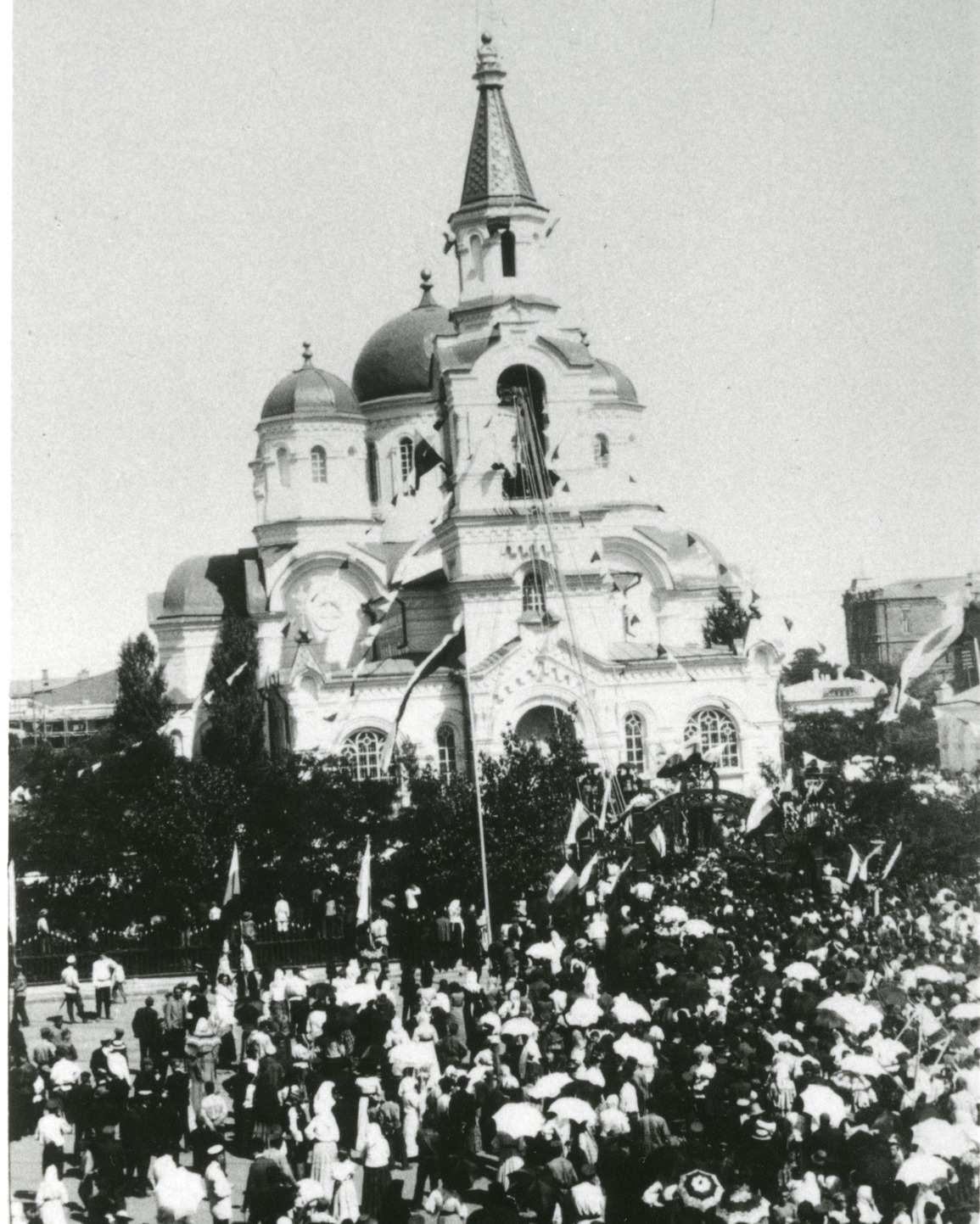
John Hughes: The Welsh-Built Ukrainian City That Will Surprise You
This is something that should be taught in our GCSE syllabus. This is a story that not many people know about.
Did you know that there is a historic connection between Cymru and Ukraine?
As has undoubtedly been mentioned plenty in recent years (though never by me until now, weirdly), the city of Donetsk – currently one of the cities “annexed” by Putin’s Russia – was founded in 1870 by a Welshman from Merthyr Tydfil.
The man’s name was John Hughes, an ironmaster, and he had taken 100 Welsh migrant workers with him to the region to assist what was then Imperial Russia with its metallurgy efforts.
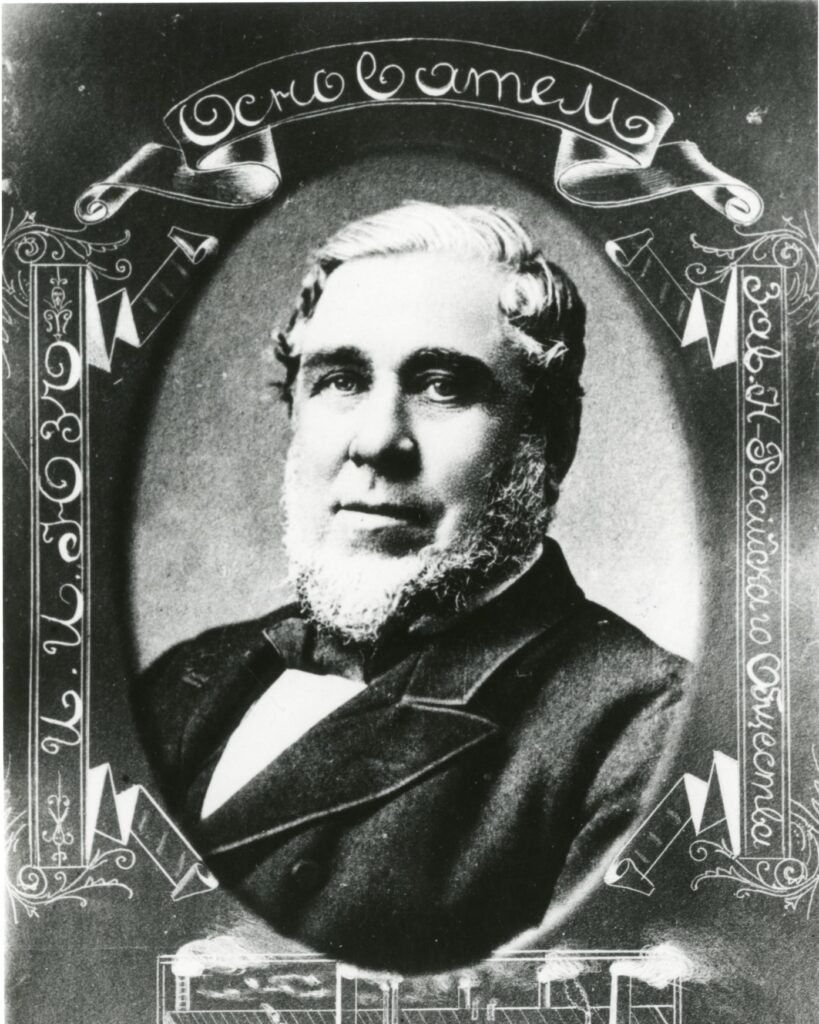
The city was even named “Hugheskova” in tribute to the Welshman from Merthyr. It was because of this connection to Cymru that many other Welsh migrants followed Hughes and the original 100 over in the following years.
Soon after the revolution, a statue of Hughes was placed and has become a local attraction today.
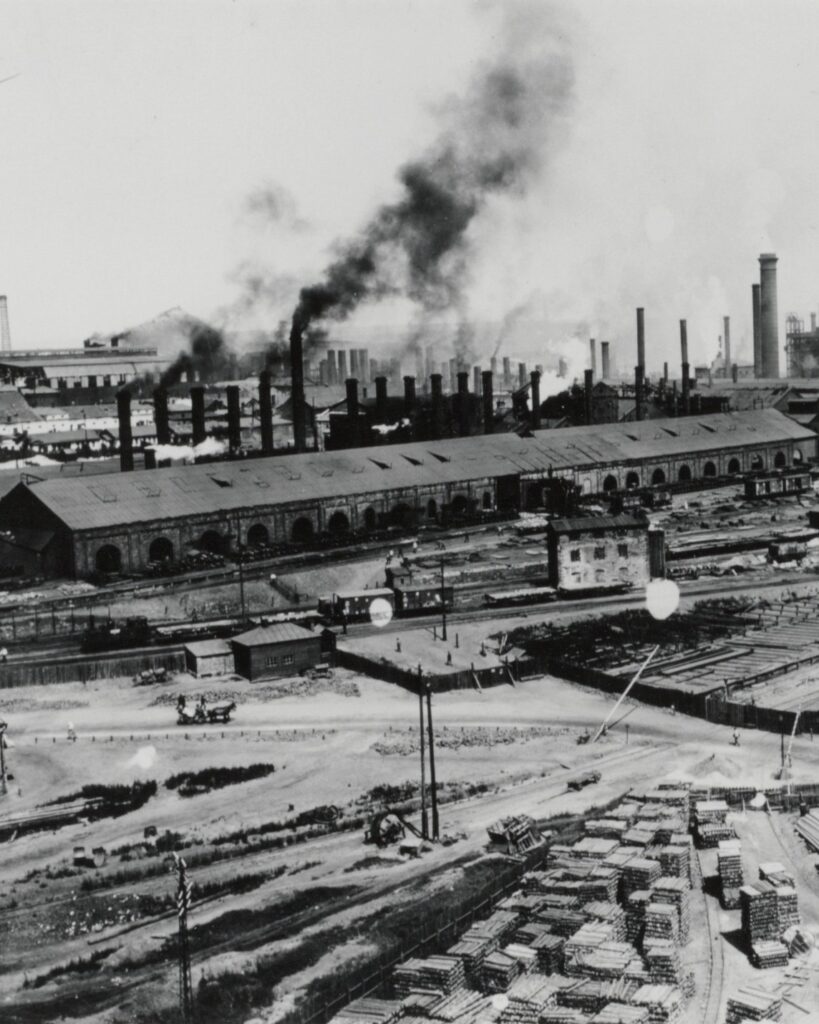
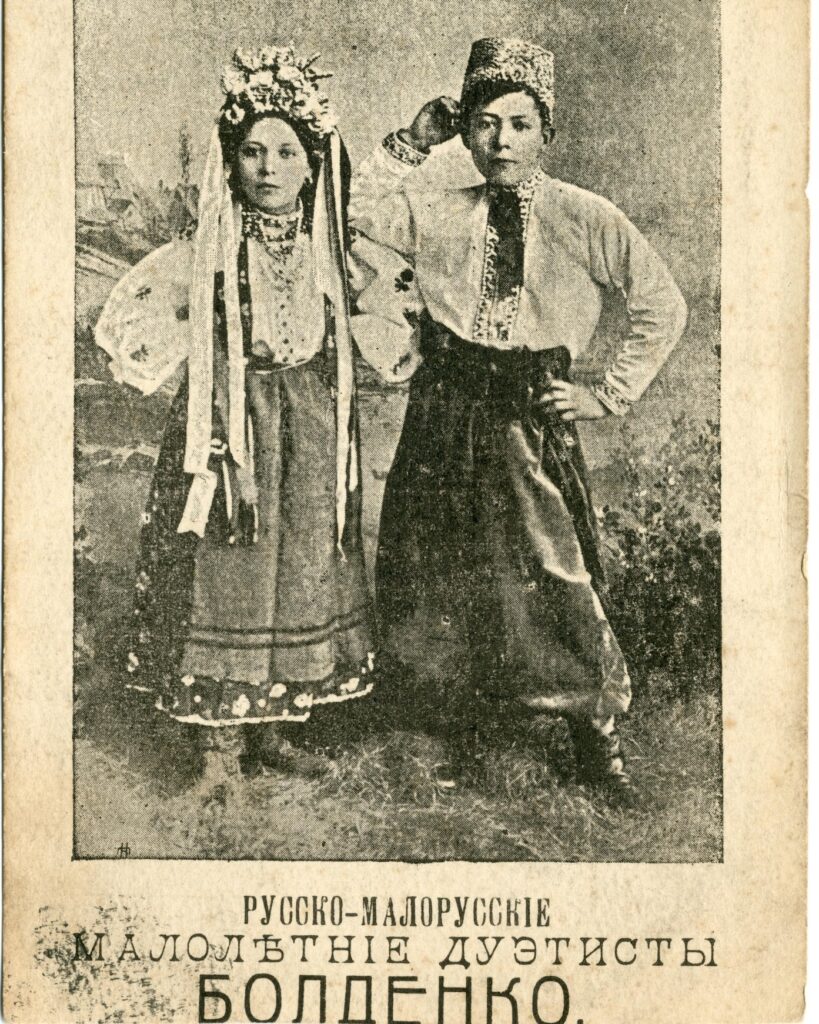
Co-curator, Dr Donovon who worked with Glamorgan Archives while going through archival such as postcards and photos—found a bunch of images involving children dressed in Russian peasant costume.
They came from the middle class backgrounds.
“These evidences were there for over 30 years which suggests greater integration and assimilation, such as the Russian language skills.”
Although Huges died in 1889, at the age of 74, his personal story suggests his paternalistic sense towards his British workers. His ideas were commonly associated with other entrepreneurs from the 19th century.
Despite Huges passing away, his four sons continued his works. However, the workers knew that the Welsh chapter was soon coming to an end.
The British migrants and Huges descendants were forced tor return home, carrying along anything they could with them.
Dr Donovon gave multiple instances for this, such as, women sewing jewellery in their clothes to keep safe; or a man named Thomas James, who went from totally bankrupt to riches, and back to being rags again.
James owned a coal mine in Hughesovka, however, after the revolution, he worked as a labourer in Cardiff.

Credits: saritarobinson
As stated by the BBC, Dr. Donovon believes that this part of the history needs a wider audience, especially refered to as modern Welsh history.
“I’m a historian of Russian history and from Cardiff. I was amazed to come across this treasure trove in the archive. This is something that should be taught in our GCSE syllabus. This is a story that not many people know about.”
”People know more about Hughes in Donetsk (Ukraine) than in Merthyr Tydfil.”
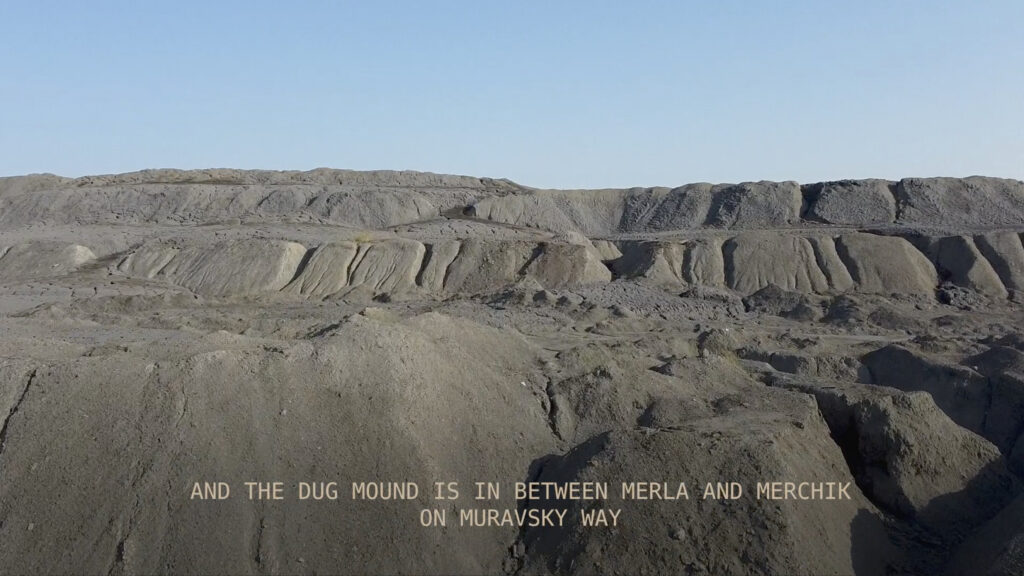
According to the photo depicted by Ars Electronica, “The rise of the heavy industry in the southeast of Ukraine started when a Welsh businessman, John Hughes, founded the plants for coal, iron and rail production in 1870s.”
“Later, this economic region became the heart of the Soviet state’s economy. Before industrialization, these northern areas of the Black and Azov Seas were known as the Wild Field.”
“The Wild Field was traversed by important trade and warpaths. The first map of it was commissioned by the Tsar of Moskovia, Ivan IV the Terrible, in the mid 16th century.”
““The Book of the Great Drawing” is a later textual description of this lost map. The book contains descriptions of various reference points of the ways which still exist.”

“The historical stratification of the paths, rivers, and villages later became the core of urbanization of the region and the scheme for the coal mining industry. The ongoing Russian invasions of 2014-2022 returned the paths back to their war destination.”
Share us your thoughts on [email protected]
THERE’S MORE:
Owain Glyndŵr: A Welsh Rebel Who Challenged English Rule
The Unique Origins of Cremation in Cymru
The Tragic End of Cymru’s Last Native Princes
This Clever Trick Welsh Women Used to Defeat the French in 1797 Will Amaze You
More from Welsh Histories
Welsh Histories is a Welsh history celebrating platform which looks to promote all aspects of Welsh history. Though we focus predominantly on native Welsh history, we do also share the non-native aspects from time to time. You can follow us on Facebook; Instagram or Twitter for more. A reader? We also have our very own Welsh Histories Shop where we sell our Welsh Histories Magazine. Diolch yn fawr iawn and keep enjoying Welsh Histories.
Sally is a proud wife of a Welshman, editor & writer of Welsh Histories. She’s all about stories—that shout ‘anything Welsh.’ Drop her an email if you have an advice, insight, experience, or a story to share.



